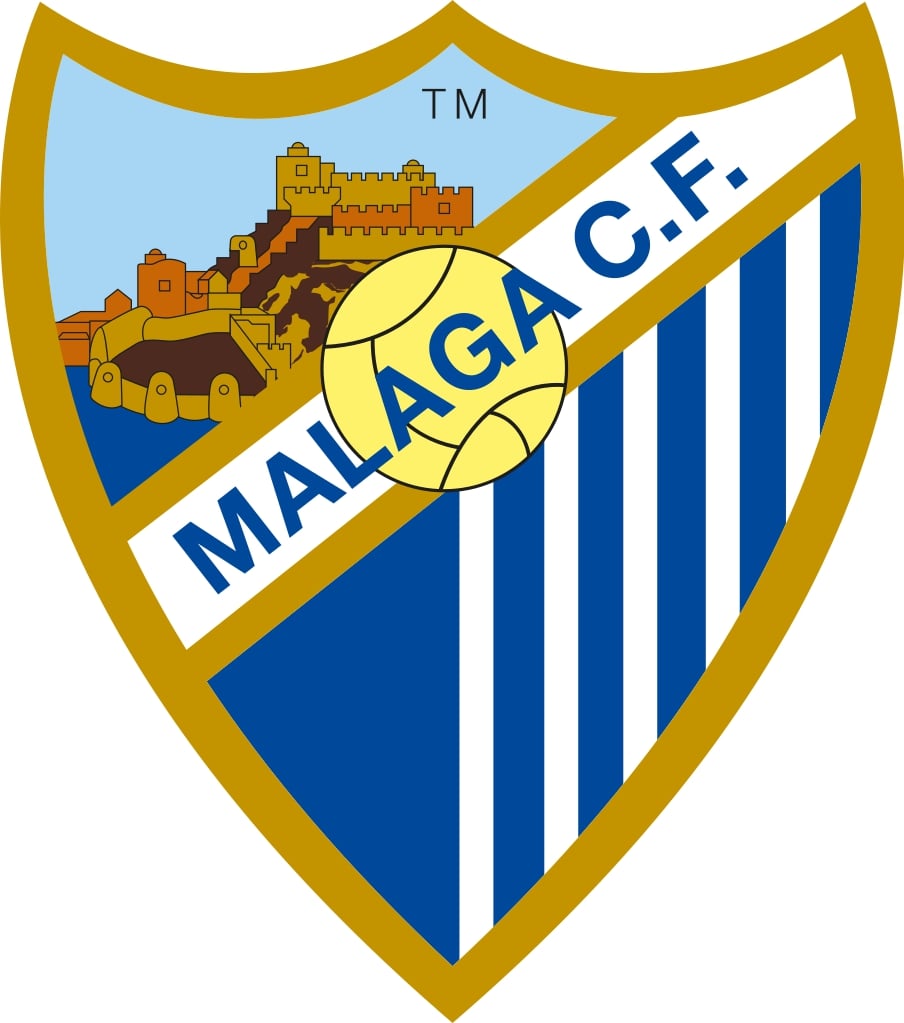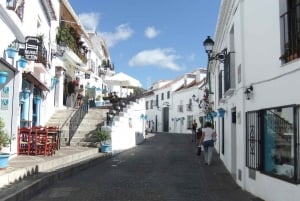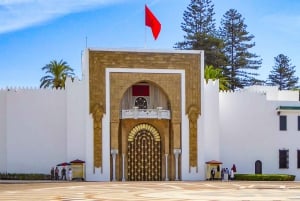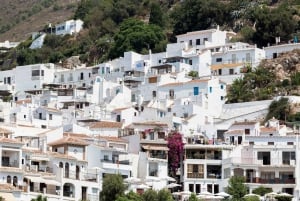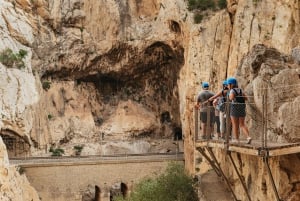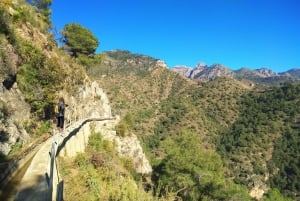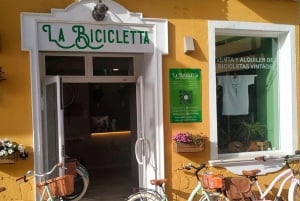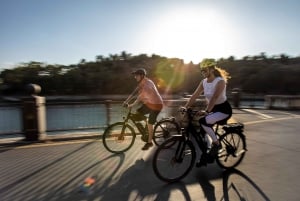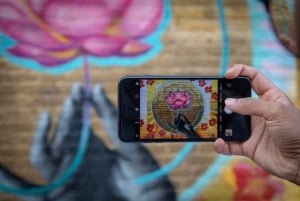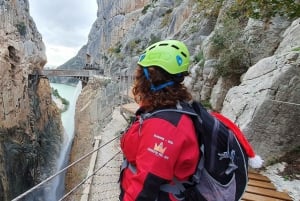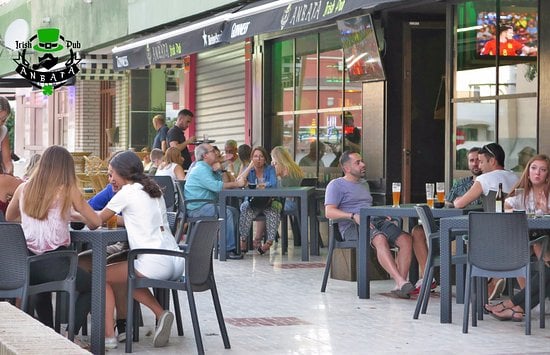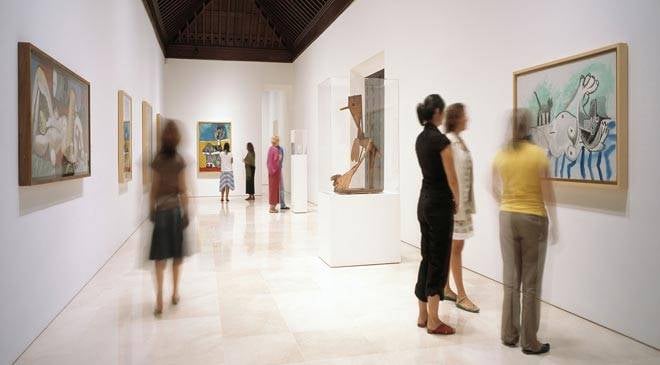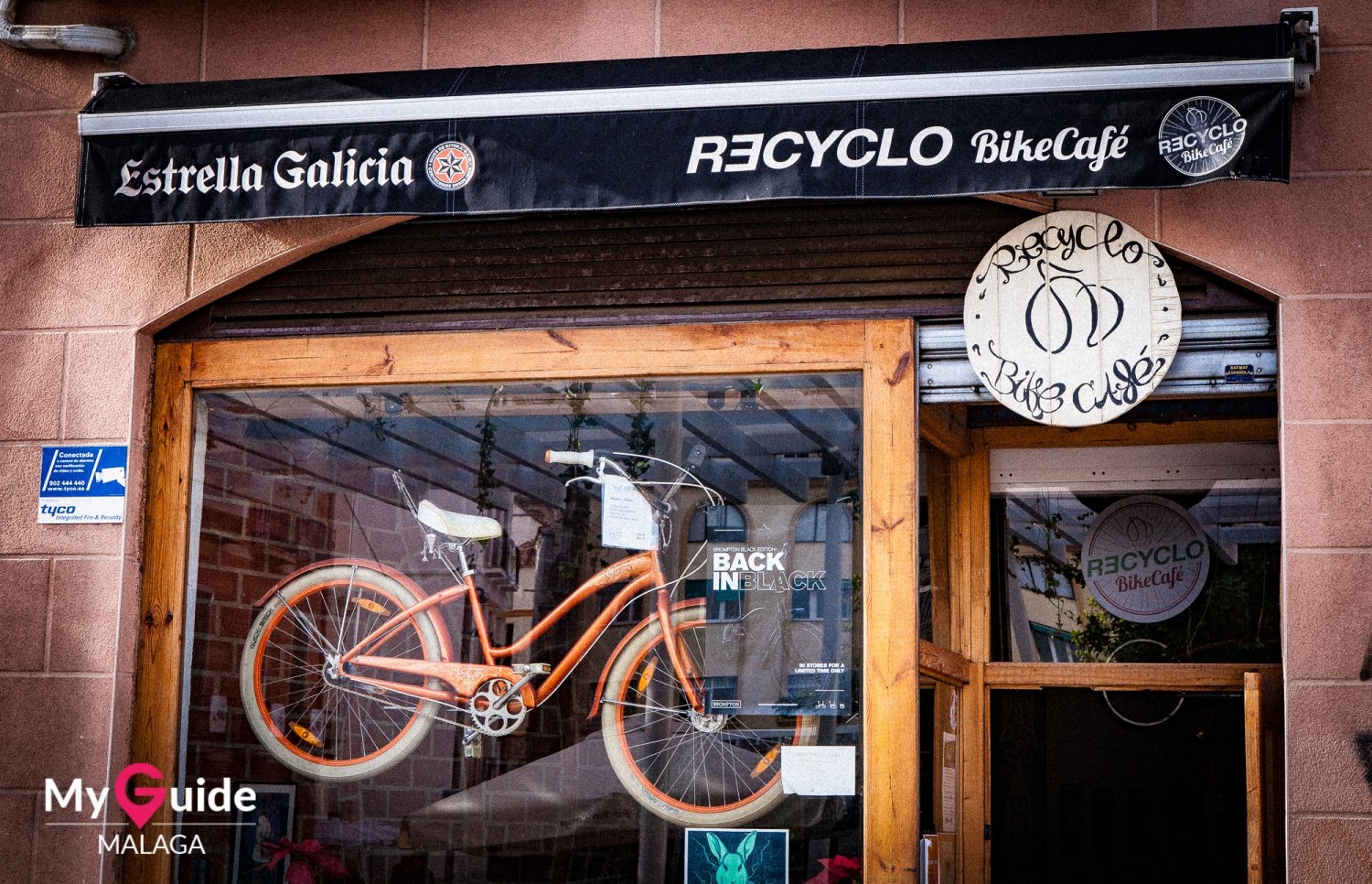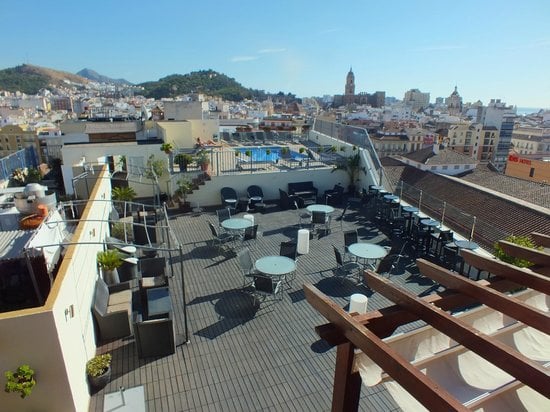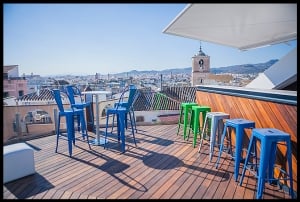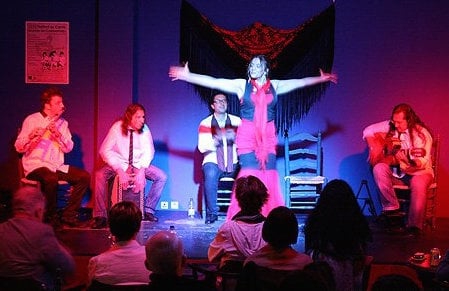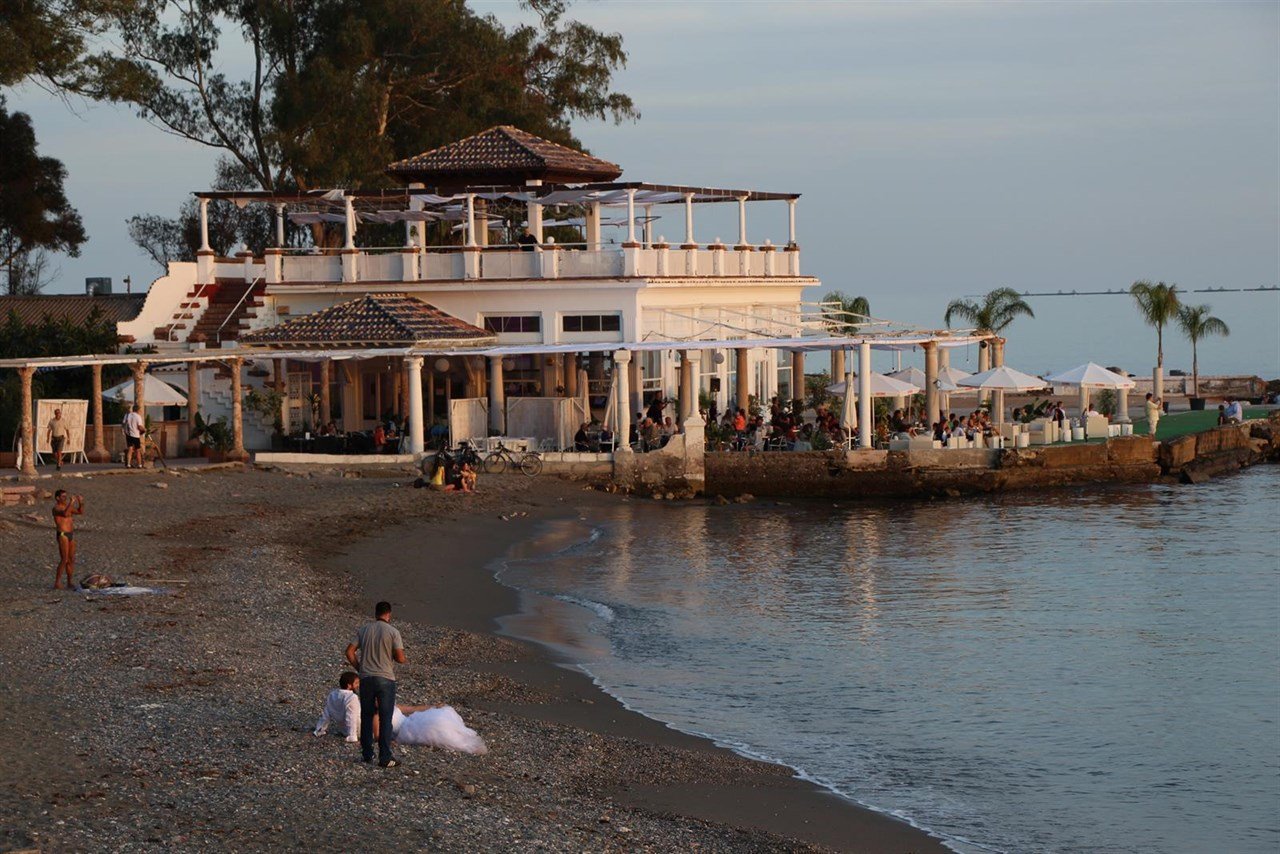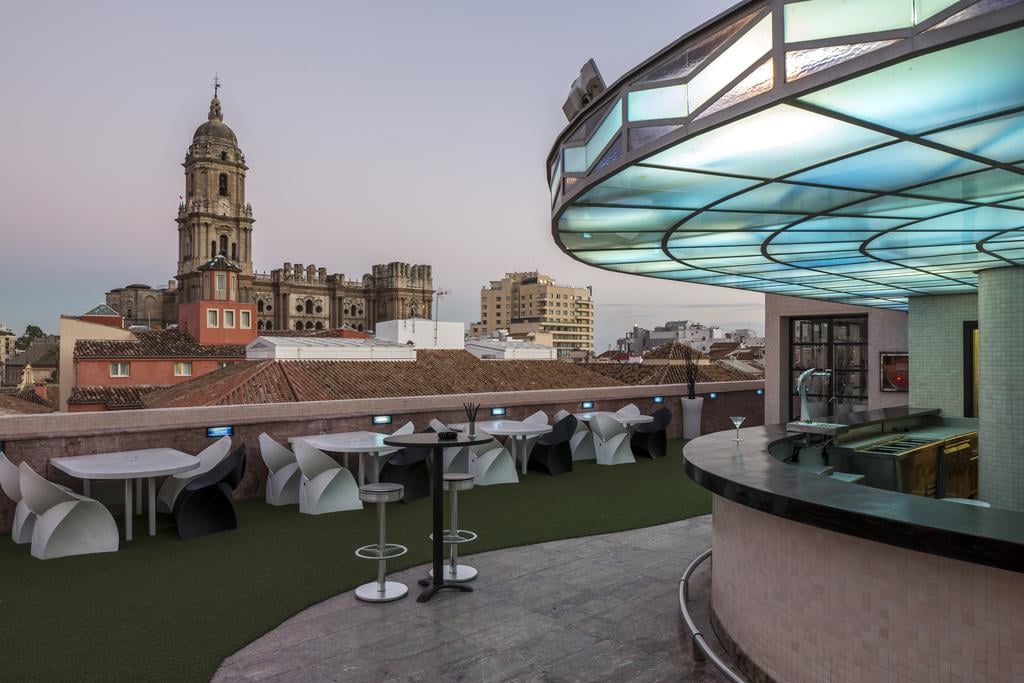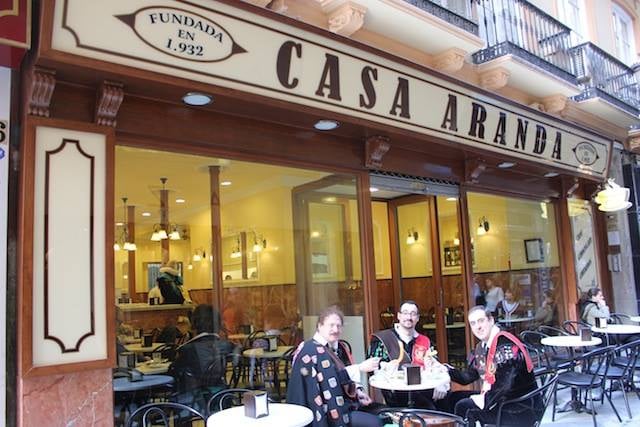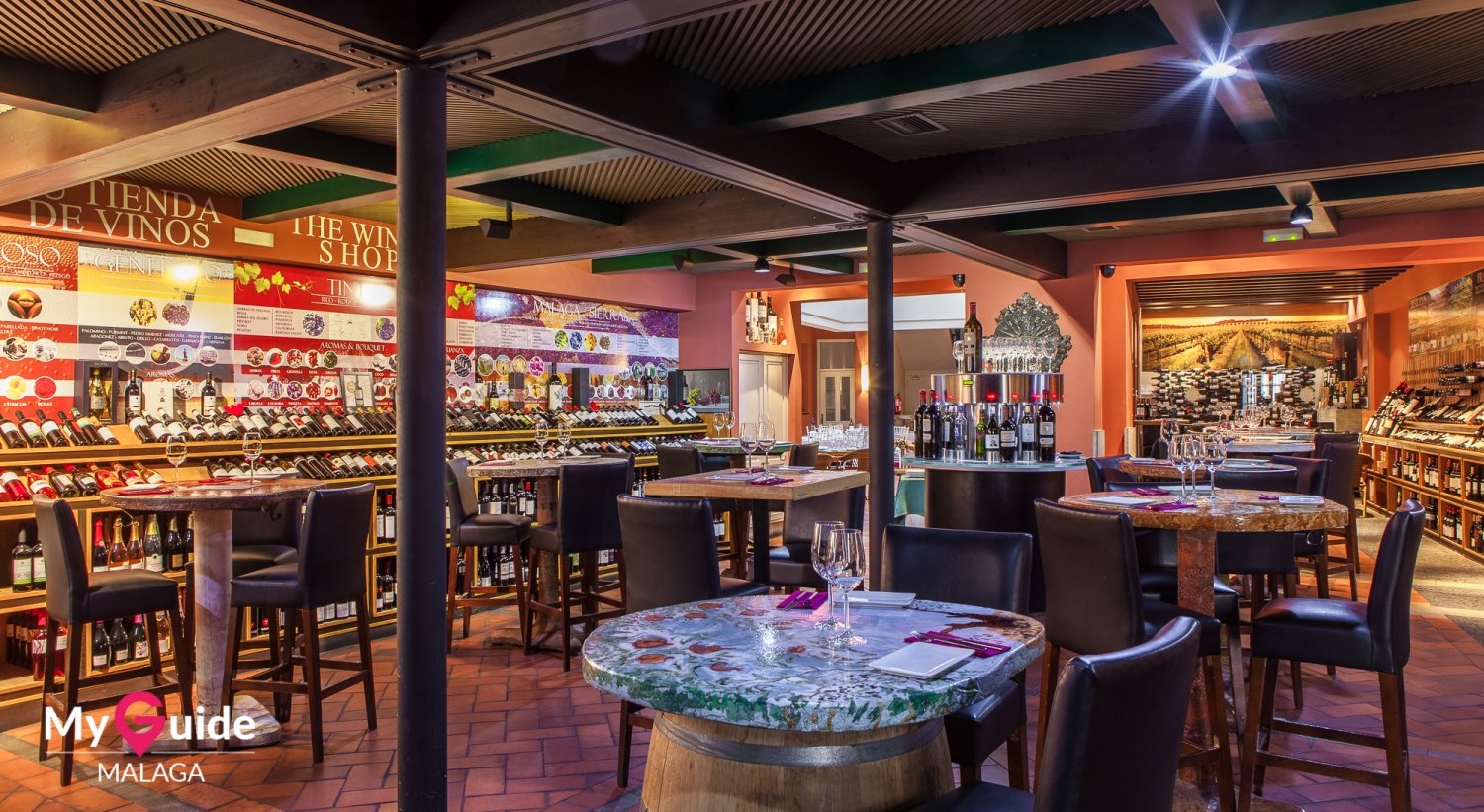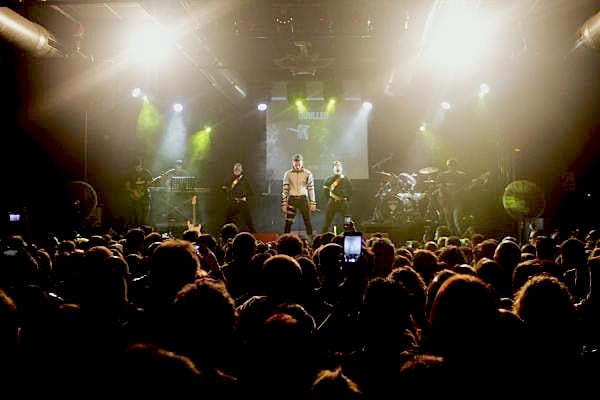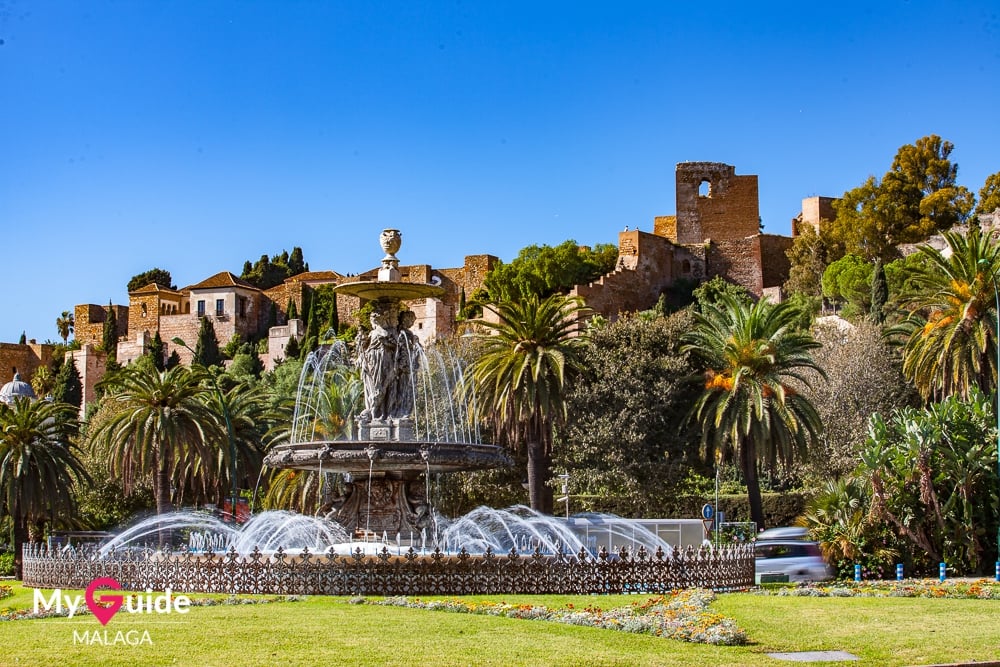Football in Malaga
A small club with a big heart, and a fishy mascot.
Book Top Experiences and Tours in Malaga:
If youʻre booking your trip to Malaga last minute, we have you covered. Below are some of the top tours and experiences!- Malaga: Private Day Trip to Mijas
- From Málaga: Morocco Day Trip with Tour Guide and Lunch
- From Malaga: Nerja and Frigiliana Tour
- From Costa del Sol & Málaga: Caminito del Rey Guided Tour
- From Málaga: Frigiliana Hiking Tour with Wine & Appetizers
Ticket sales are straightforward and you can book online here, though be aware that depending on the visitors, ticket prices fluctuate according to the perceived demand and status of the opponents. It is still usually cheaper than a British game, but not as good value as the Bundesliga.
Football arrived in Spain via the crews on ships that plied between the industrial ports of Britain and Seville, Málaga and Barcelona among others. The Seville football strip was copied off the Sunderland strip, and it's also probable that the Barcelona strip originated in an English public school. The game became popular and the Málaga club is descended from two competing Málaga teams who merged in 1933. They made it into La Liga for the first time in 1949, but spent many of the ensuing years ping-ponging between the top and second flight. In 1992 Málaga club became insolvent, and the club carried on by assuming the identity of their reserve team, which was a separate entity. They had to start in the lowly third division and narrowly avoided bankruptcy. By the turn of the millennium, they were relatively thriving and won the Intertoto cup in 2002, their only trophy to date. They flirted with the EUFA cup in 2003, and managed a quarter-final in the Champions League in 2013, which they lost under highly controversial circumstances. Your average Málaga fan is convinced that it was a EUFA plot to keep the upstarts out of the big boy's competition. That was the high point of being a Boqueron, which is what the Málaga fans call themselves, after the small sprat type of fish that is a culinary favourite.
The club's support is probably more cosmopolitan than any other anywhere. In the stands you will be very aware of one section of the ground entirely populated by British fans, known as the Guiri Army, and you will hear English, German, Danish, Swedish and Finnish spoken very widely in the stands, as well as numerous other European languages. Expats have embraced the Boquerones in their thousands, but have yet to learn any of the chants...


